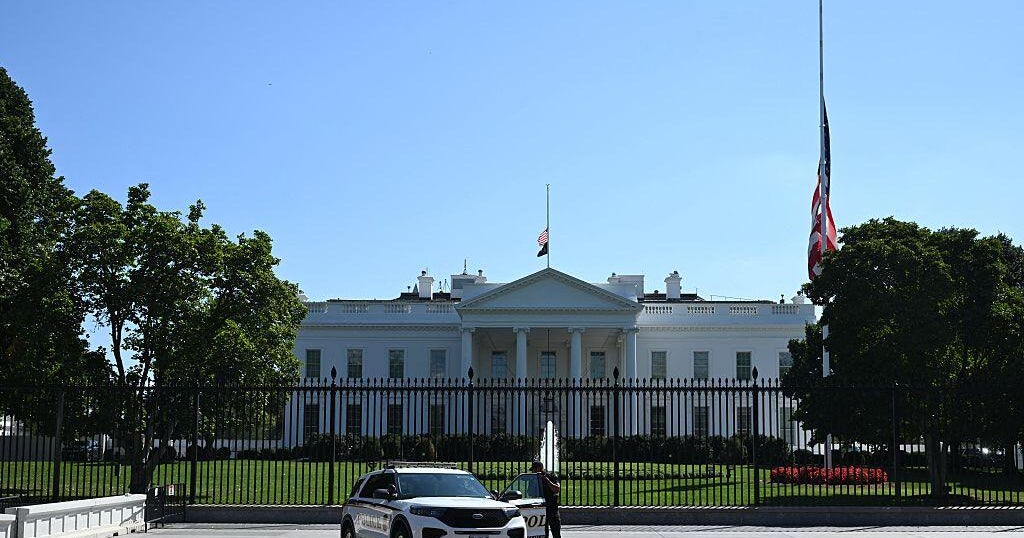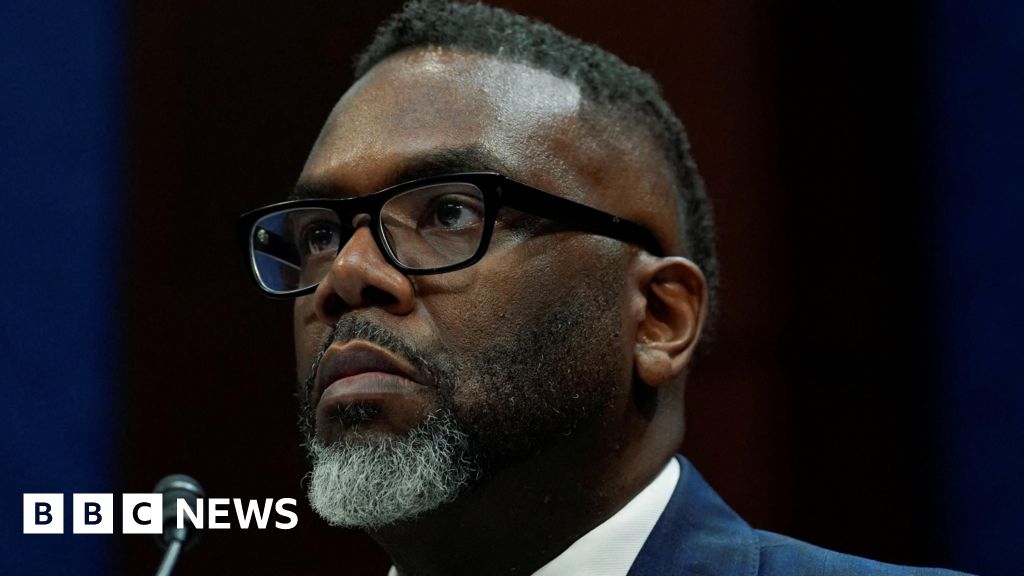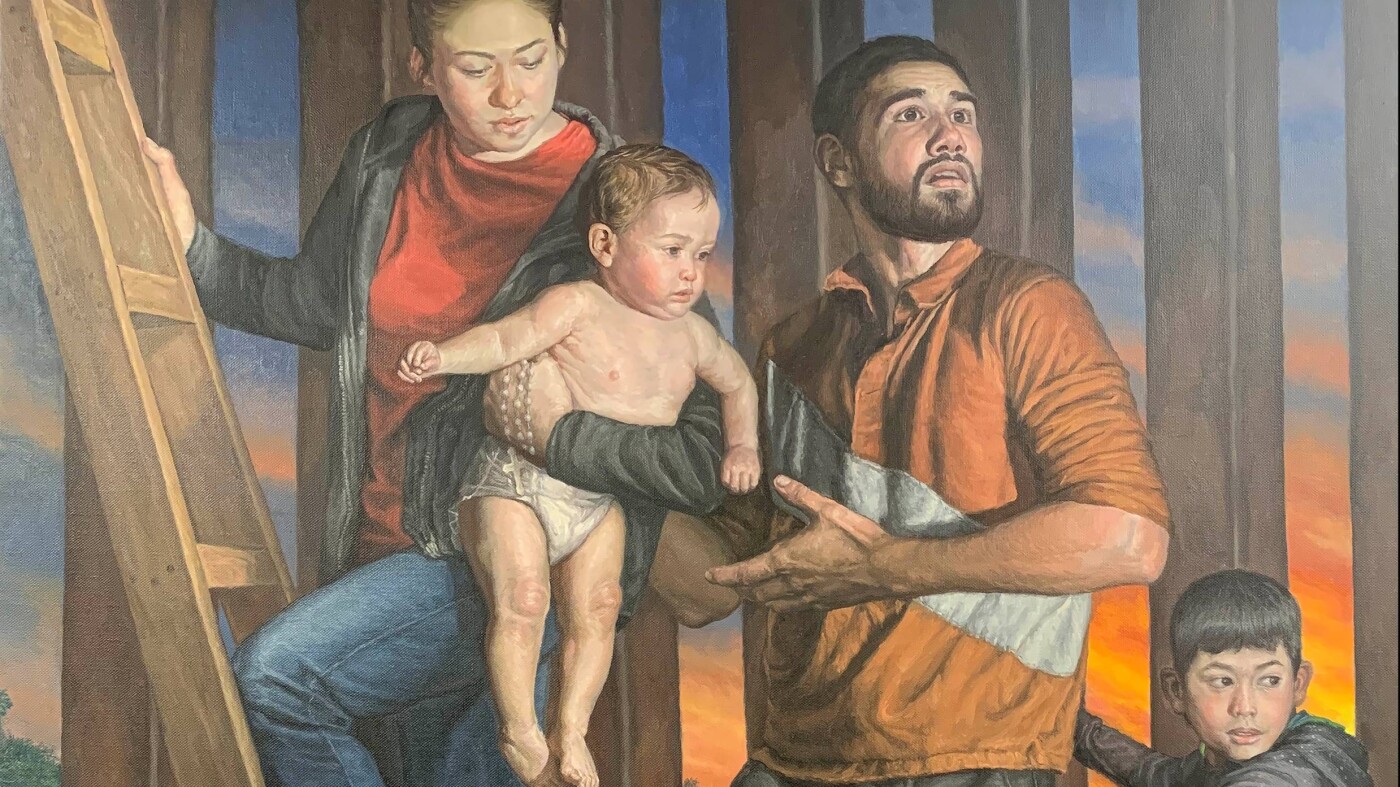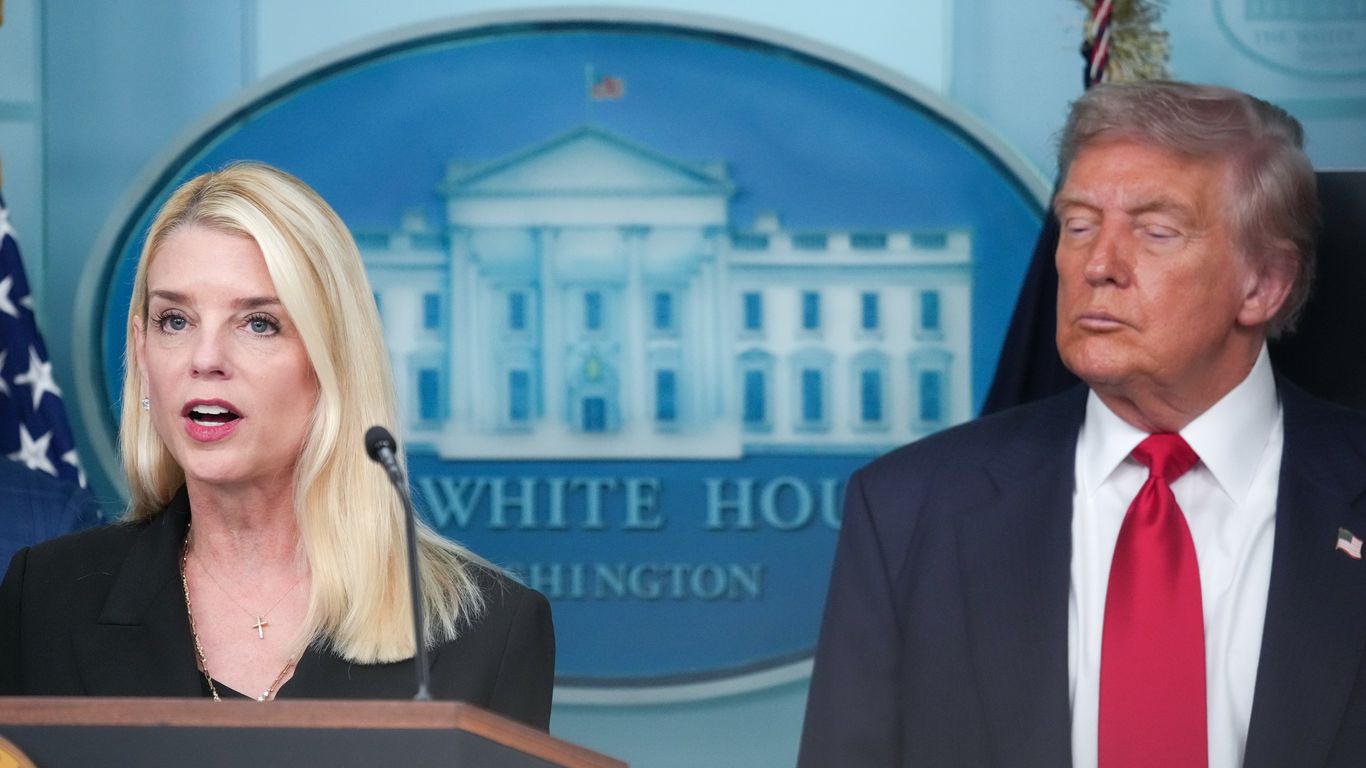White House Responds to Pope Leo XIV's Immigration Critique: Moral Challenge for U.S. Policy
White House Responds to Pope Leo’s Immigration Critique
Pope Leo XIV recently condemned U.S. immigration policies, describing them as inflicting "inhuman treatment" on immigrants, a charge the White House quickly denied. Press Secretary Karoline Leavitt asserted that the administration enforces immigration laws "in the most humane way possible," highlighting President Trump’s record on protecting innocent life as evidence of compassionate governance.
Pope Leo’s Broader Moral Challenge
Building on a legacy from previous pontiffs, Pope Leo frames immigration as an essential pro-life issue, arguing that policies causing family separations and harsh detentions contradict true respect for human dignity. His remarks challenge Catholics and policymakers alike to reconcile immigration enforcement with compassion and global solidarity rather than nationalism.
Implications for U.S. Immigration Debate
The Pope’s intervention intensifies debate over immigration in America, juxtaposing political rhetoric that labels migrants as threats against a spiritual call to treat them as "missionaries of hope." This moral pushback highlights the tension between enforcement and empathy in shaping future policies.
About the People Mentioned
Pope Leo XIV
Pope Leo XIV, born Robert Francis Prevost on September 14, 1955, in the Chicago area, is the 267th Pope of the Catholic Church. He was elected on May 8, 2025, marking a significant moment as the first American and first Peruvian pope. His background is deeply rooted in the Order of St. Augustine, which he joined after graduating from Villanova University in 1977. He professed his solemn vows in 1981 and was ordained a priest in 1982. Pope Leo XIV holds a licentiate and doctorate in canon law from the Pontifical University of St. Thomas Aquinas in Rome. He has extensive experience in missionary work, particularly in Peru, where he served in various roles, including as the judicial vicar of the Archdiocese of Trujillo and as a professor of canon, patristic, and moral law at the San Carlos e San Marcelo Major Seminary. His leadership roles expanded when he was elected to oversee his order's province and later the worldwide Order of St. Augustine for 12 years. In 2014, Pope Francis appointed him to lead the Diocese of Chiclayo, Peru, a position he held for nine years. In 2023, he was created a cardinal by Pope Francis and appointed Prefect of the Dicastery for Bishops. This role involved overseeing the appointments of bishops worldwide. Pope Leo XIV's current relevance lies in his unique blend of American and Peruvian heritage, which brings a global perspective to the papacy. His election has been seen as a milestone in the Church's history, marking a new era of leadership shaped by his missionary experience and theological background.
President Trump
Donald John Trump, born June 14, 1946, in Queens, New York, is an American businessman, media personality, and politician who has served as the 45th and 47th president of the United States. He graduated from the University of Pennsylvania's Wharton School with a degree in economics in 1968 and took over his family’s real estate business in 1971, renaming it the Trump Organization. Over decades, he expanded the company’s holdings into skyscrapers, hotels, casinos, and golf courses, building a high-profile brand often associated with luxury and real estate development. Trump also gained fame as the host of the reality TV show *The Apprentice* from 2004 to 2015[1][3][7]. Trump entered politics as a Republican and won the presidency in 2016, defeating Democrat Hillary Clinton in an unexpected victory. His tenure from 2017 to 2021 was marked by significant policy shifts, including tightening immigration controls, imposing a travel ban on several Muslim-majority countries, expanding the U.S.–Mexico border wall, rolling back environmental regulations, implementing major tax cuts, and appointing three Supreme Court justices. His foreign policy included withdrawing the U.S. from international agreements on climate change and Iran’s nuclear program, and initiating a trade war with China. Trump's handling of the COVID-19 pandemic was widely criticized for downplaying the virus's severity. After losing the 2020 election to Joe Biden, he challenged the results, culminating in the January 6, 2021, Capitol attack. Trump was impeached twice but acquitted both times by the Senate[1][2]. In a historic political comeback, Trump was re-elected and inaugurated for a second non-consecutive term on January 20, 2025, becoming the oldest president to assume office at age 78. He remains a highly influential and polarizing figure in American politics[2][7]. Trump is married to Melania Trump, with whom he has one son, Barron, and has four adult children from previous marriages. He has authored several books, including *The Art of the Deal*, a business bestseller[3][5][7].
About the Organizations Mentioned
White House
The **White House Office** is a central organizational component within the Executive Office of the President of the United States (EOP), tasked with supporting the President in managing day-to-day operations, policy formulation, and political affairs. It is headed by the White House Chief of Staff and staffed by senior aides who report directly to the President, including those with titles such as Assistant to the President and Deputy Assistant to the President. These staff members are mostly political appointees without the need for Senate confirmation, allowing the President considerable discretion in shaping the office to suit each administration's priorities[1]. Historically, the White House Office was established in 1939 through Reorganization Plan 1 and Executive Order 8248 to provide immediate assistance to the President. It functions as the nerve center for presidential staff, physically located primarily in the West Wing, and plays a pivotal role in managing the President’s policy agenda, communications, and political strategy. Its flexible organization allows each President to tailor the staff composition and roles according to their governance style and objectives[1]. In the current context of 2025, the White House Office operates under the administration of President Donald J. Trump, who returned to office after the 2024 election. His administration emphasizes rejecting prior policies deemed extremist and focuses on enhancing quality of life, economic growth, and American energy dominance. The administration includes Vice President JD Vance and First Lady Melania Trump, among others, with a Cabinet advising on various governmental functions[4][6]. Recent initiatives linked to the White House’s operational sphere include the establishment of a new **Department of Government Efficiency (DOGE)** aimed at modernizing federal technology and software to boost government productivity. The DOGE agenda is implemented through the renamed United States DOGE Service within the Executive Office, reflecting a concerted push to leverage technology for administrative modernization[5]. Notably, the White House Office also coordinates national security and homeland security functions through the National Security Council staff, underscoring its central role
















